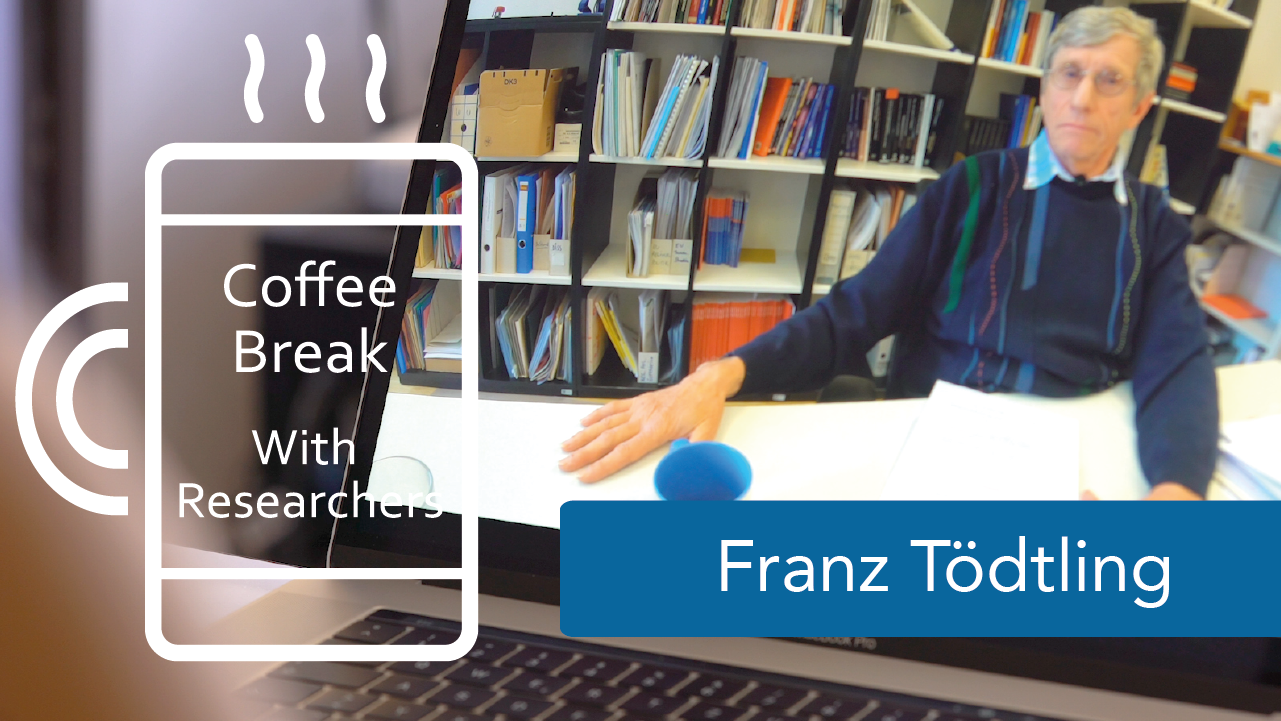The article
Does combinatorial knowledge lead to a better innovation performance of firms?
The knowledge base concept in the past was often applied in its “pure form”, i.e. it was assumed that there are dominant knowledge bases in particular sectors and firms shaping knowledge and innovation processes and related networks. For “analytical sectors” such as biotech, it has been argued that codified knowledge generated by universities and R&D organizations is the key for innovation, whereas “synthetic sectors” such as machinery innovate more incrementally by recombining existing knowledge often drawn from suppliers or service firms. Empirical literature has partly confirmed these patters, but also shown more complex knowledge processes. More recently it has been argued that combinations of different knowledge bases might enhance the innovation performance of firms. For example in “analytical sectors”, firms might benefit not just from new and basic knowledge generated by research, but also from recombining existing and applied knowledge or by drawing on symbolic knowledge. Combinatorial knowledge bases might also be relevant for “synthetic” and “symbolic sectors”, but in different forms. This study investigates for the ICT sector in regions of Austria if the reliance on combinatorial knowledge leads to a better innovation performance than the use of more narrow knowledge bases.
Tödtling F. & Grillitsch M. (2015) Does combinatorial knowledge lead to a better innovation performance of firms? European Planning Studies, 23(9), 1741-1758.
The researcher
Franz Tödtling
Professor Emeritus at the Institute for Multilevel Governance and Development
Vienna University of Economics and Business, Austria
The interview
Hi welcome to coffee break with researchers today I’m having a coffee break with Franz Tödtling. He is a Professor Emeritus at the Institute for Multi-level Governance and Development at the Vienna University of Economics. Hello Franz, thank you for accepting my invitation to a coffee break, how are you doing?
Hello Lorena, yeah thank you and I’m doing fine, and thanks for inviting me to this coffee break.
Today I’m having an Indonesian black coffee, which one are you having?
I am having one from Costa Rica because I like the Highland coffee.
I’m reading one of your latest papers, the one in which you analyze the extent to which the performance of firms can be explained in the way they combine knowledge. Could you please tell me what the paper was about?
This paper that I did jointly with Markus Grillitsch, my former colleague, is about knowledge as a key driver for innovation, and it starts from the idea that in the literature the was much about knowledge bases that are specific to sectors and that for example analytical, synthetic symbolic knowledge matters for particular sectors, and we had the idea, based on some literature in the direction that the combination of knowledge matters very much not just the sourcing of one type of knowledge, so we did an empirical investigation for three regions in Austria, based on more than 100 firm interviews that we analyzed via a multi-variate analysis
This is really interesting indeed, could you please tell me which ones are your main findings?
Our main findings were actually two key findings. One, the first one was that the combination of knowledge from different areas matters a lot, that means knowledge from science, knowledge from applied field, knowledge from business, from marketing and those firms that were able to combine these different types of knowledge we’re very successful in introducing new products or had a broad variety of innovations. The second main finding was that firms that used knowledge sources from different contexts, local context national, context international and global context were the most successful in their innovation performance, so combining different knowledge types on the one hand and combining knowledge from different spatial context was very important, that were our key findings.
and which one was your main motivation in writing this paper?
As it’s very often, the first motivation was to contribute to a workshop that took place at CIRCLE in Lund and the underlying motivation was that we had a feeling that this too schematic knowledge-based approach should be overcome by looking at the combinations of knowledge and that was the motivation to do this paper.
And which recommendations for policy-making would you suggest based on your research.
Yeah, I think there are some key recommendations for policy, one is that the exclusive reliance for example on scientific knowledge for firms, it’s not the best way to come forward with innovations, it’s actually the support of noise sourcing from different fields, so it means that firms should be supported in drawing this knowledge from different areas, which is particularly for SMES’s quite difficult because these are different worlds of knowledge, so linking up with new universities is very hard for them and policies could try to find out new ways to do this supporting university firm links mobility of qualified labor etc., the second line of policies would be to help firms in linking up, on the one hand with other local firms, but more importantly to link up with extra regional and international global knowledge sources. This can be research organizations but can also be our firms or market knowledge sources so to help firms in linking up to this different spatial context would be an important policy area.
I think this is a really interesting paper, thank you very much for having this nice chat with me, I wish you all the best for future research and I hope to see you next time bye bye.
Looking forward to seeing you again, thanks Lorena for inviting me, good bye.

